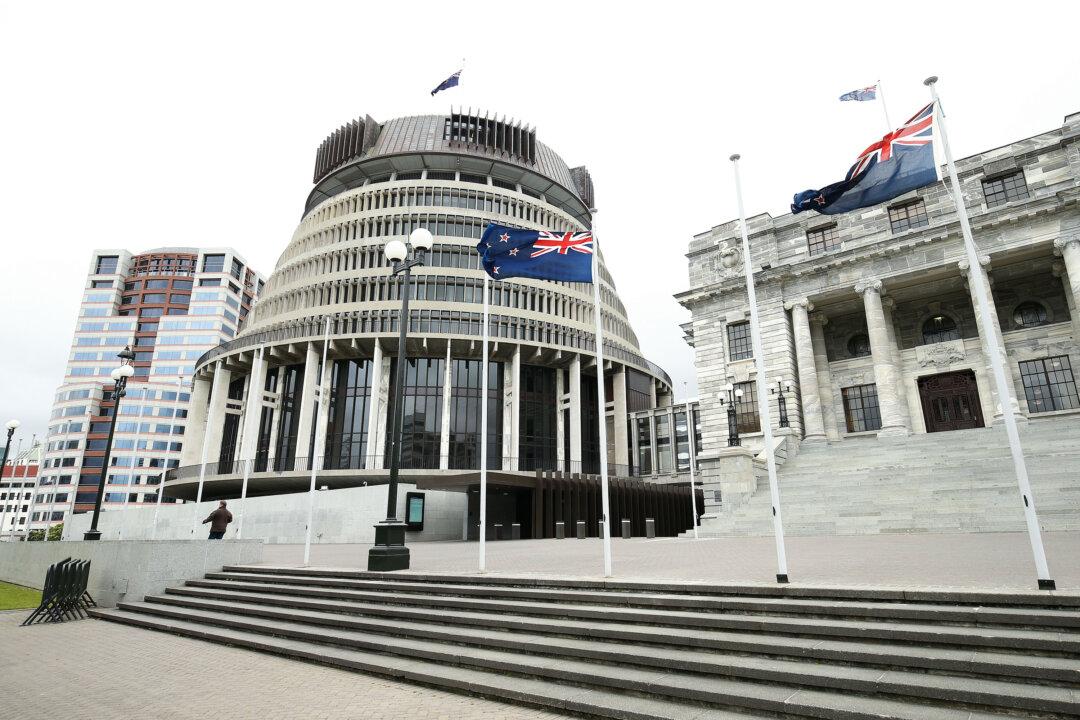UPDATE as of Sept. 22: Local media reports indicate that the citizenship application file of New Zealand MP Jian Yang has been released. However, New Zealand Herald reports that key parts have been withheld about whether or not Yang disclosed that he taught at Chinese military academies—teaching English to students training to be spies—when he applied for his New Zealand citizenship.
A Chinese-born MP from New Zealand’s ruling National Party has come under scrutiny for his former career teaching spies in China and his membership in the Chinese Communist Party. And while he is dismissing his background as being a reason for concern, those familiar with the inner workings of Beijing’s politics and intelligence activities are telling a different story.The case is the latest episode in a series of recent events that raise questions about Chinese influence in the internal affairs of Western democracies such as Australia, Canada, and the United States.





